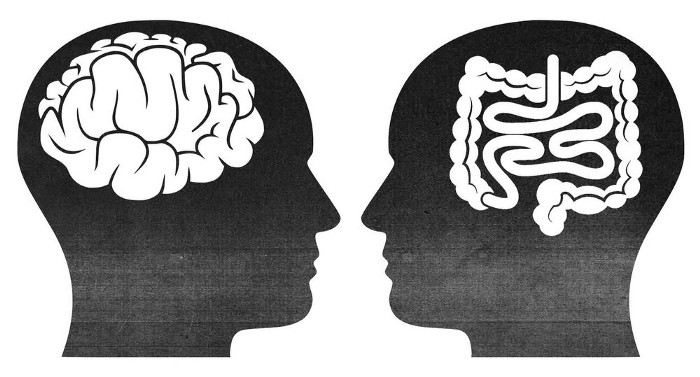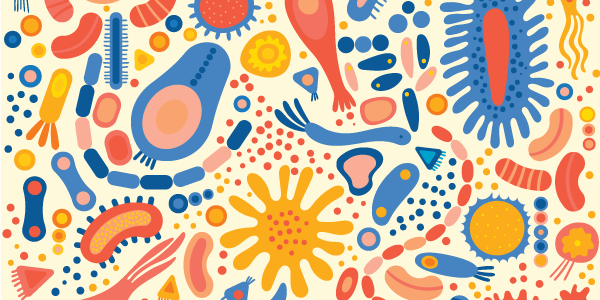Most people know that we get most of the vitamins our body needs from food.
What is a lesser known fact, however, is that a major share of our daily vitamin B and K needs is covered by the bacteria in our gut microbiome.
Which B vitamins does our microbiome produce?
It has been found that at least 30% of the amount of B-group vitamins we require daily is produced by bacteria in the digestive tract.
Specifically, our gut bacteria produce:
vitamin B3, or niacin;
vitamin B6, or pyridoxine;
vitamin B9, or folate;
vitamin B12, or cobalamin.
In the case of a balanced and diverse microbiome, vitamins B3 and B6 are produced by most of our gut bacteria. Vitamins B12 and B9, however, are produced only by bacteria belonging to the genera Lactobacillus, Bifidobacterium, Bacteroides, and Prevotella.
Your microbiome test results will give you a good picture of whether your microbiome contains a sufficient number of bacteria of these genera.
Why do our bodies need B vitamins?
B vitamins are essential for life, as they support a number of organ functions.
Vitamin B1 is mainly needed for:
- the normal metabolism of fats, carbohydrates, and amino acids;
- the functioning of the nervous system, muscles, and myocardium;
- the normal production of gastric acid.
Vitamin B2 is needed for:
- the normal metabolism of fats and carbohydrates;
- the functioning of the nervous system, muscles, and myocardium;
- vision (to reduce eye fatigue and ensure normal vision);
- healthy skin, mucous membranes, nails, and hair;
- the production of antibodies.
Vitamin B3, or niacin, is mainly needed for:
- the normal metabolism of fats and carbohydrates and the synthesis of proteins;
- the functioning of the nervous system and muscles;
- repairing skin damage.
Vitamin B6 is mainly needed for:
- the normal metabolism of amino acids (including the breakdown and utilisation of proteins);
- the metabolism of fats and carbohydrates;
- the production of a variety of bioactive compounds (e.g., serotonin) in the body;
- the maturation of erythrocytes.
Vitamin B9, or folate, is mainly needed for:
- the normal metabolism of fats and carbohydrates;
- the development of neural tissues in foetuses;
- the maturation of erythrocytes, in combination with vitamin B12;
- DNA and RNA synthesis during growth and for the regeneration of cells in the body.
Vitamin B12 is mainly needed for:
- the normal metabolism of amino acids;
- the prevention of various anaemias (e.g., for the maturation of erythrocytes, in combination with folates);
- the normal development of neural tissues.
Which K vitamins does our microbiome produce and why do we need them?
The vitamin K family can be divided into two major groups: vitamin K1, or phylloquinone, and K2, or menaquinone. Vitamin K1 is found in plants, while K2 is produced by bacteria.
The human body needs both vitamins K1 and K2, as they play different roles in our metabolism: K1, for example, is mainly involved in blood clotting, while K2 improves vascular elasticity.
Vitamin K is essential for:
- blood clotting,
- heart disease prevention,
- bone metabolism,
- kidney function.
Is your microbiome in good enough shape to produce the vitamins you need? Try our fibre blends to ensure a complete diet for your gut bacteria. Balanced fibre blends both support your digestion and ensure a diverse microbiome.





